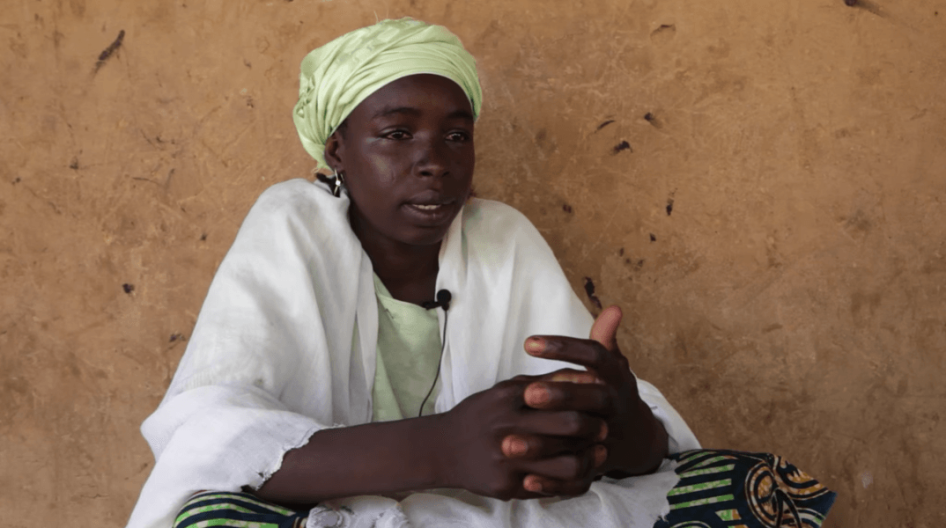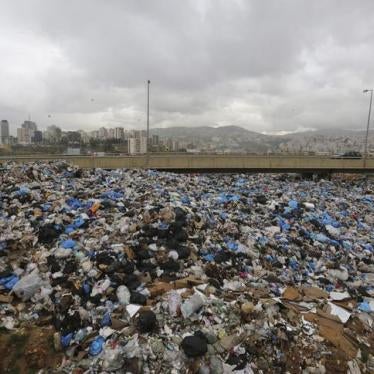Bhopal, Chernobyl, and Minamata – these environmental disasters shocked the world. Yet, pollution results not only from catastrophic accidents but also from years of silent exposure. Children’s developing bodies are particularly vulnerable. According to the World Health Organization, some 1.7 million children under 5 die each year because of the unhealthy environment around them.
In northern Nigeria, we met Amina, a tall, young woman. As she described how three of her children had died, she buried her face in her hands, visibly distraught. Amina’s children were victims of one of the worst lead poisoning incidents in history in Zamfara, northern Nigeria. More than 400 children have died there since 2010, when lead was accidentally released by small-scale gold miners.
Sadly, there are countless other examples around the world where children have been slowly poisoned with officials only acting once it was too late. Human Rights Watch has documented how governments have failed to protect children exposed to toxic chemicals from leather tanneries, artisanal gold mines, battery factories, former mines, open burning of waste, and pesticide-sprayed farms.
This week, governments are meeting for the United Nations Environment Assembly (UNEA) in Nairobi, Kenya, to discuss how to tackle pollution.
UNEA should embrace a rights-based approach to prevent pollution and promote better access for citizens to information on pollution. Specifically, UNEA should guide governments on how to better monitor children’s environmental health, and how to use this information to regulate and hold accountable polluting industries. UNEA should also call for the results of child health monitoring to be made public, so that affected citizens and the wider public can stay informed and also scrutinize government action.
Amina’s children could have been saved. Governments should act before more children die from pollution.









